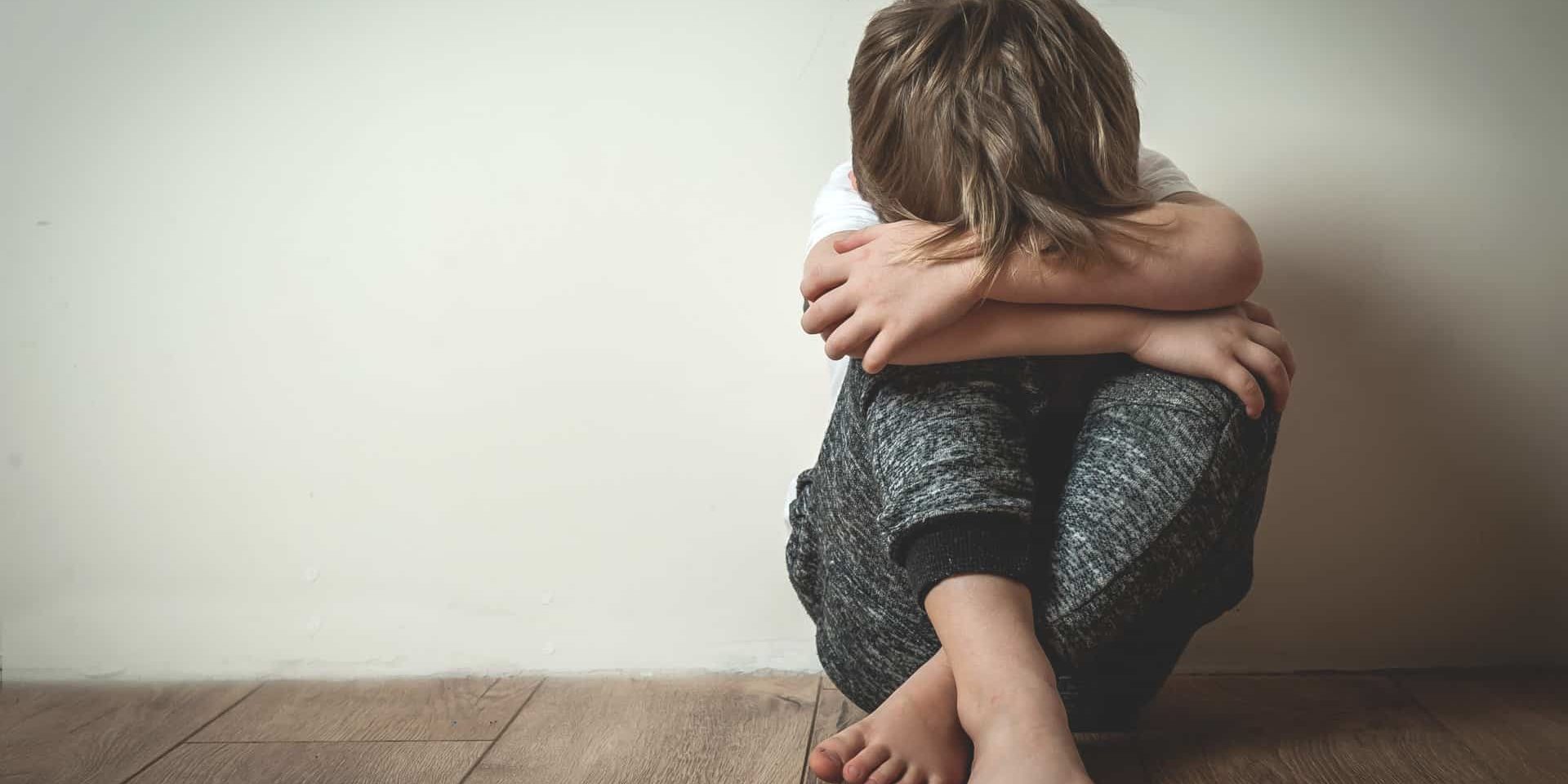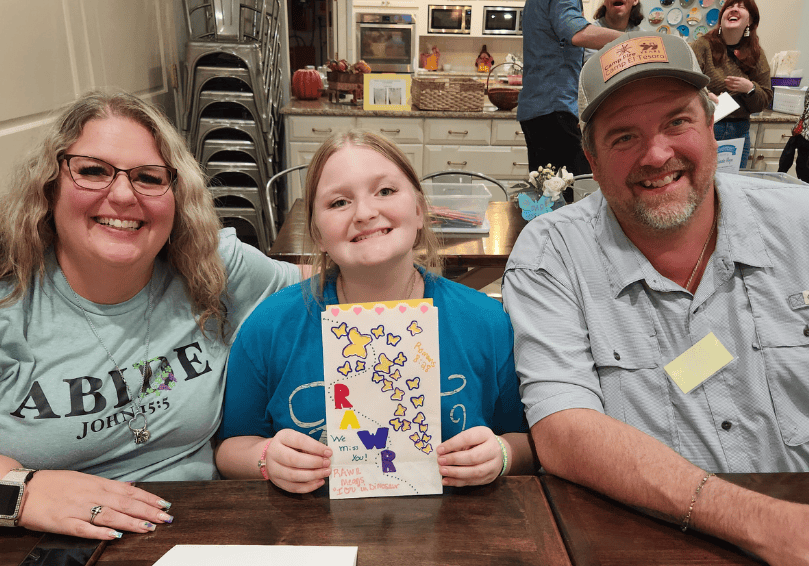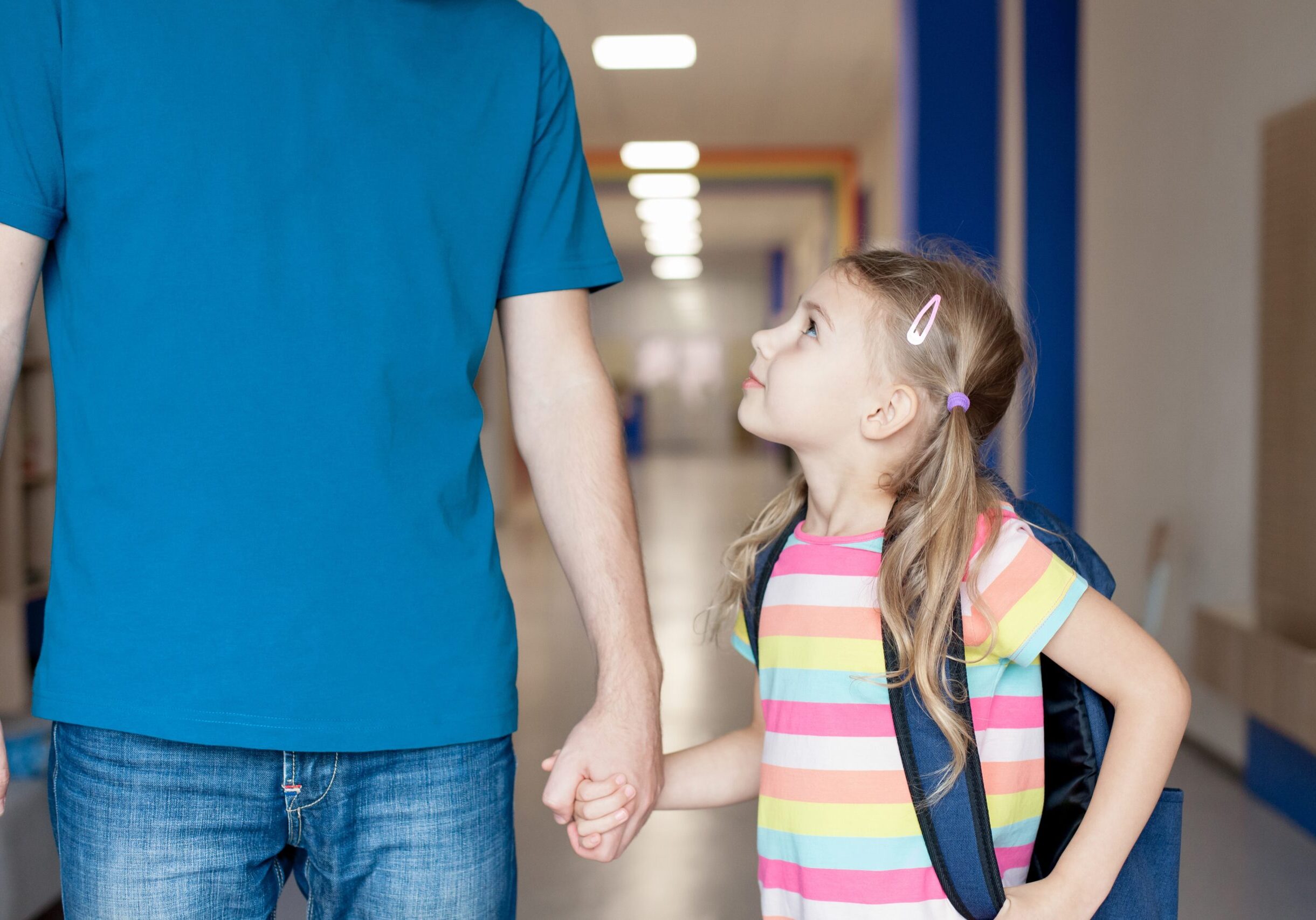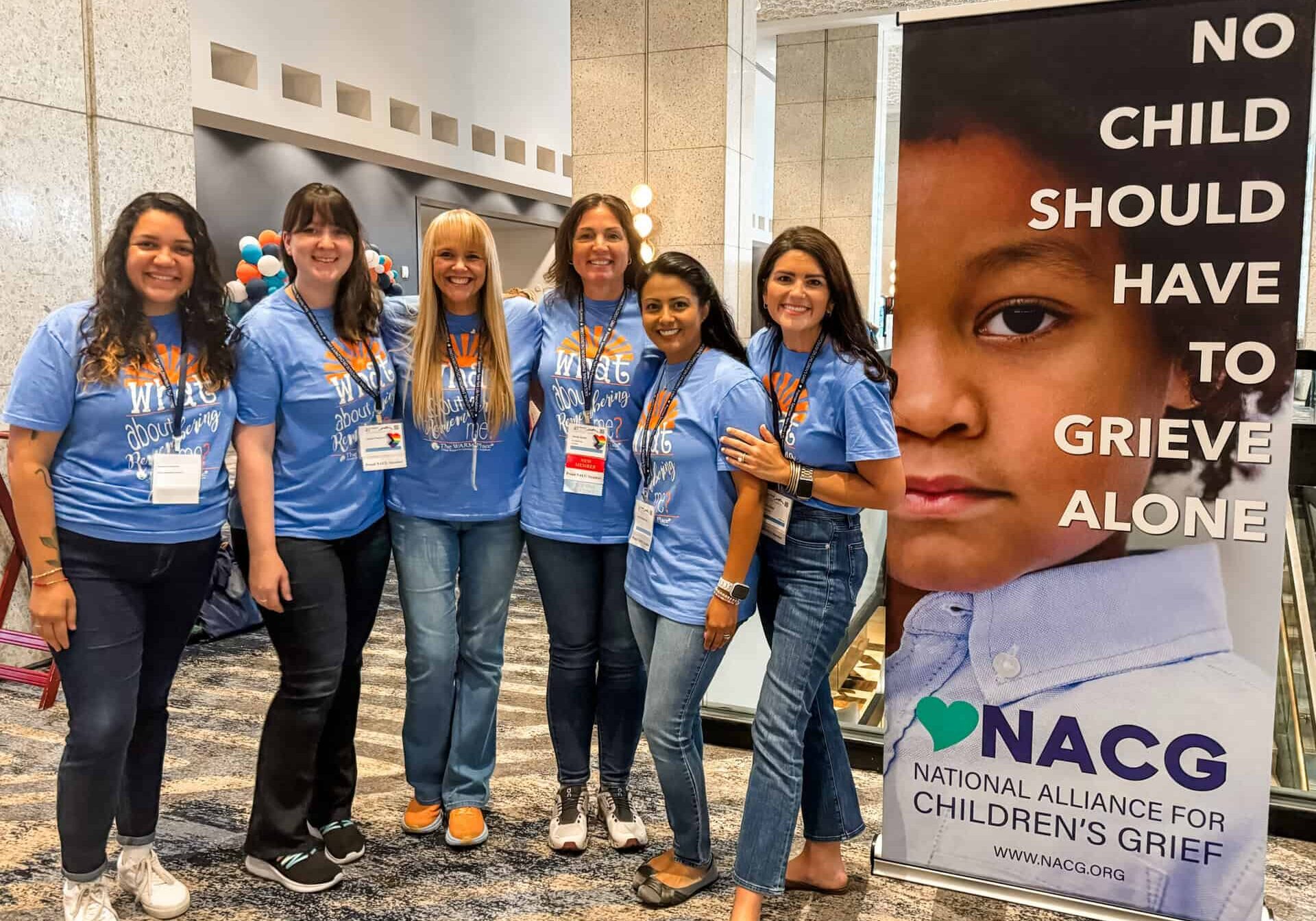As the day of celebrating love and friendship has come and gone. It leaves me reflecting on how grief plays a role in affecting all relationships after a loss.
Experiencing the death of a loved one is one of the most painful things a person will ever face. The shock of losing a loved one, along with the finality of their death can be difficult for many reasons. Grief changes things. More specifically, it changes the way a person interacts with those around them. Below you will note three important points to keep in mind as you navigate interactions with others after the loss of a loved one.
- Everyone Mourns Differently. The process of mourning is a very personal experience. Grief will be experienced differently by each person, even within the same family. One person’s instinct may be to reach out for support, and another’s instinct may be to retreat or shut down.
- Relationships Impacted by Grief Will Change. Although it’s disappointing and hurtful to experience what feels like a breakdown in your relationships when you need them the most, you must realize that your friends, family, and spouses are likely also affected by grief, and going through their own process of mourning.
- Not All People Are Cut Out to Be Supportive, and That is Okay. “You’ll be okay after a while,” “Just move on,” or “You need to be strong for (fill in the blank),” are among the worst things one can hear when grieving the loss of a loved one. It is important to keep in mind that while most people are well-meaning when they make comments or ask questions about your loss, there are those who simply do not know how to support someone who’s grieving.
Ways to offer support:
- If you don’t know what to say, say exactly that.
- Be authentic and real.
- Just show up.
- Ask for forgiveness for insensitive comments.
- Don’t minimize the hurt.
- Know that you cannot “fix it.”
- Provide a safe space to talk.
If you feel someone is really struggling with their loss, offer to help them find additional support and resources.



